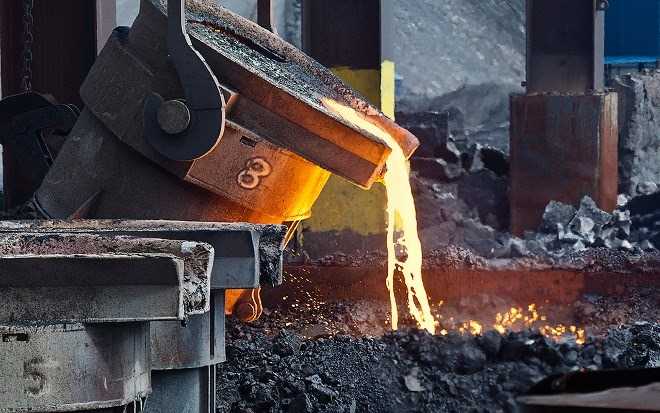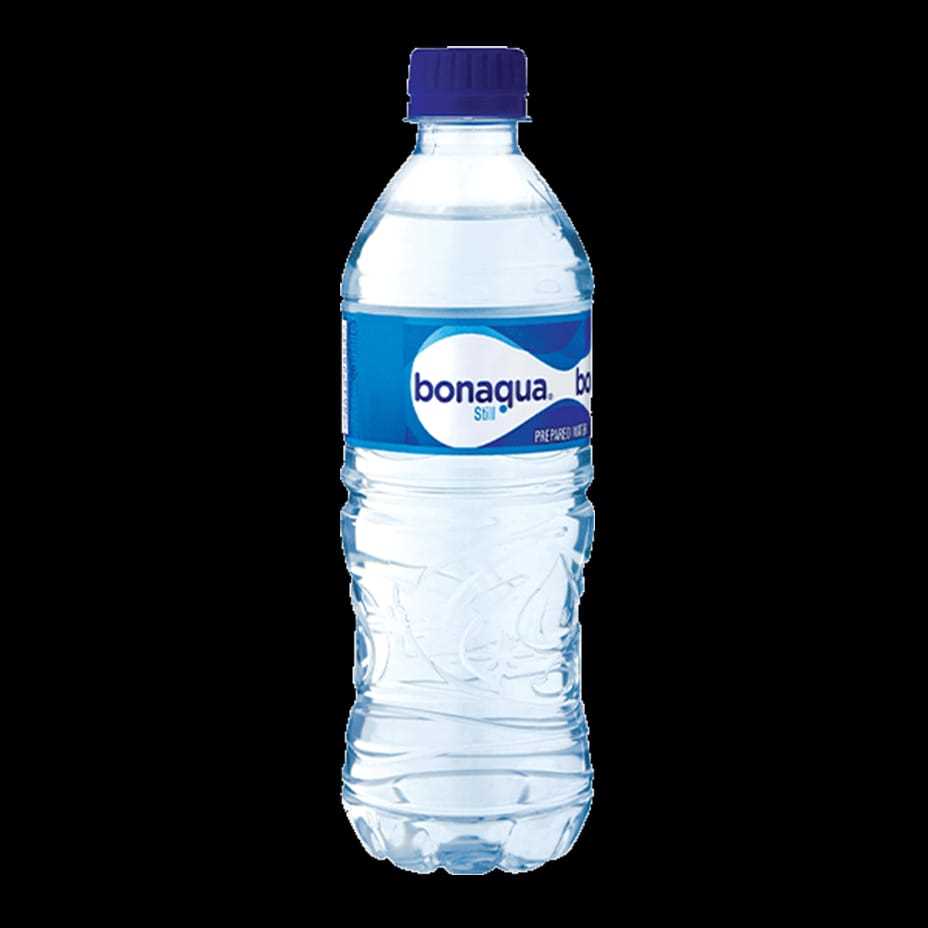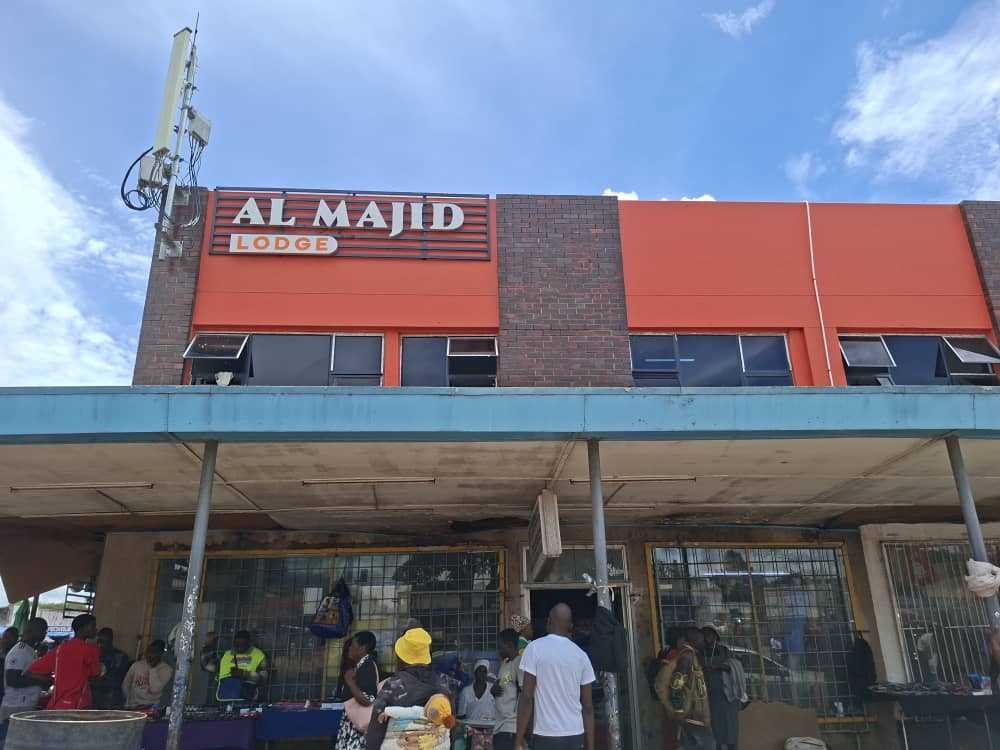
Oscar J Jeke - Zim Now Reportert
The Government has reasserted its ban on the export of raw chrome ores, placing renewed emphasis on developing Zimbabwe’s local ferrochrome industry as part of its broader value addition strategy,
The development came following a briefing to Cabinet from the Minister of Mines and Mining Development, Winston Chitando.
In an update on the mining sector during Tuesday’s post-Cabinet briefing, Information, Publicity and Broadcasting Services minister Jenfan Muswere highlighted the critical role of ferrochrome in the stainless steel production value chain, noting its high price volatility on international markets.
The minister noted that the country currently has around ten ferrochrome producers with capacities ranging between 3,000 and 84,000 tonnes per annum, collectively producing an estimated 270,000 tonnes annually.
Related Stories
He added that the Palm River Project, commissioned in February 2025, has an operational capacity of 100,000 tonnes per year and is actively scaling up to a design capacity of one million tonnes of ferrochrome, which would make it Zimbabwe’s largest producer by a wide margin.
“Cabinet re-affirmed the ban on the export of chrome ores and stressed the urgent need to develop the ferrochrome industry locally,” Minister Muswere said. He added that new chrome mining titles exceeding 100 hectares will only be issued if linked to the expansion or development of new furnace capacity, ensuring that mining activity translates into increased local processing.
The Ministry of Mines and Mining Development will also strengthen enforcement of the “use it or lose it” principle to ensure that all mining titles, especially those related to chrome, are actively utilized. “Holders of all unutilised mining titles are hereby requested to take note of the Government position,” he added.
On the lithium front, Zimbabwe produces mainly spodumene ores, an important mineral in the global shift toward clean energy. The country’s lithium deposits are multi-element, containing several valuable minerals. Bikita Minerals and Arcadia Lithium are in the process of establishing lithium sulphate value addition facilities aimed at processing lithium ores locally. Starting January 2027, the export of lithium concentrate will be banned to encourage beneficiation within Zimbabwe.
In 2022, Zimbabwe banned the export of unprocessed lithium ore. Since then, only lithium concentrates produced by new processing plants such as Prospect Lithium and Bikita Minerals—have been permitted for export.
“With effect from January 2027 the export of lithium concentrate will no longer be allowed,” he concluded.



















Leave Comments